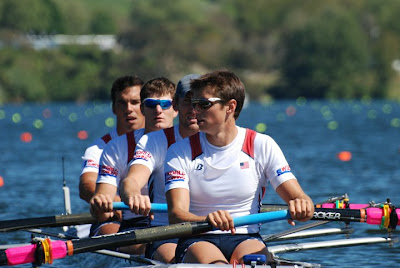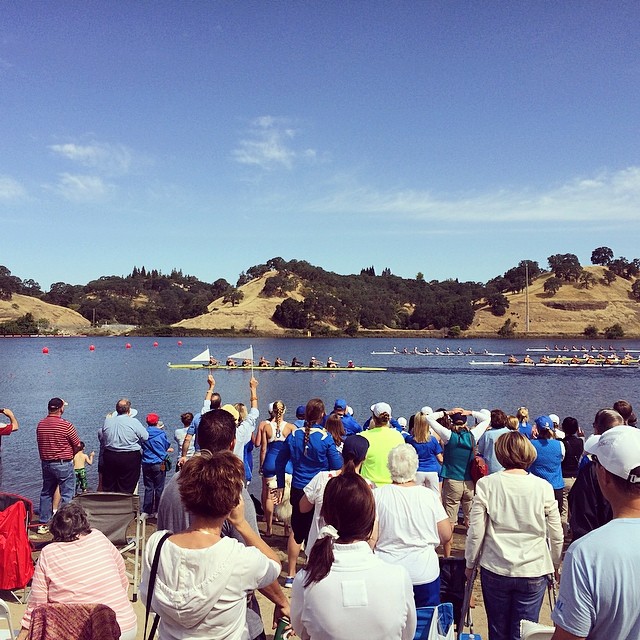Video of the Week: Korzo Coaching at Chula Vista
This video, shot in 2007, gives an eight-minute window in the coaching style and approach of one of the most news-worthy figures in all of USRowing last Fall -- Kris Korzeniowski. Not only this, but it shows what the training environs are like at Arco, which has recently become the seat of the US men's team. Though it was shot during a different Olympic cycle, it features some banter from Sam Stitt (most recently the three-seat in the US Men's 4- in Karapiro), as well as drills along with Korzo's commentary. In the last press-release regarding the changing role for Korzo in the coming year, his position was vaguely defined, and one suspects that he may be lending a helping hand during the 17 months left as we head toward London. Note: For FeedBurner subscribers, click the title of the article to view video.

